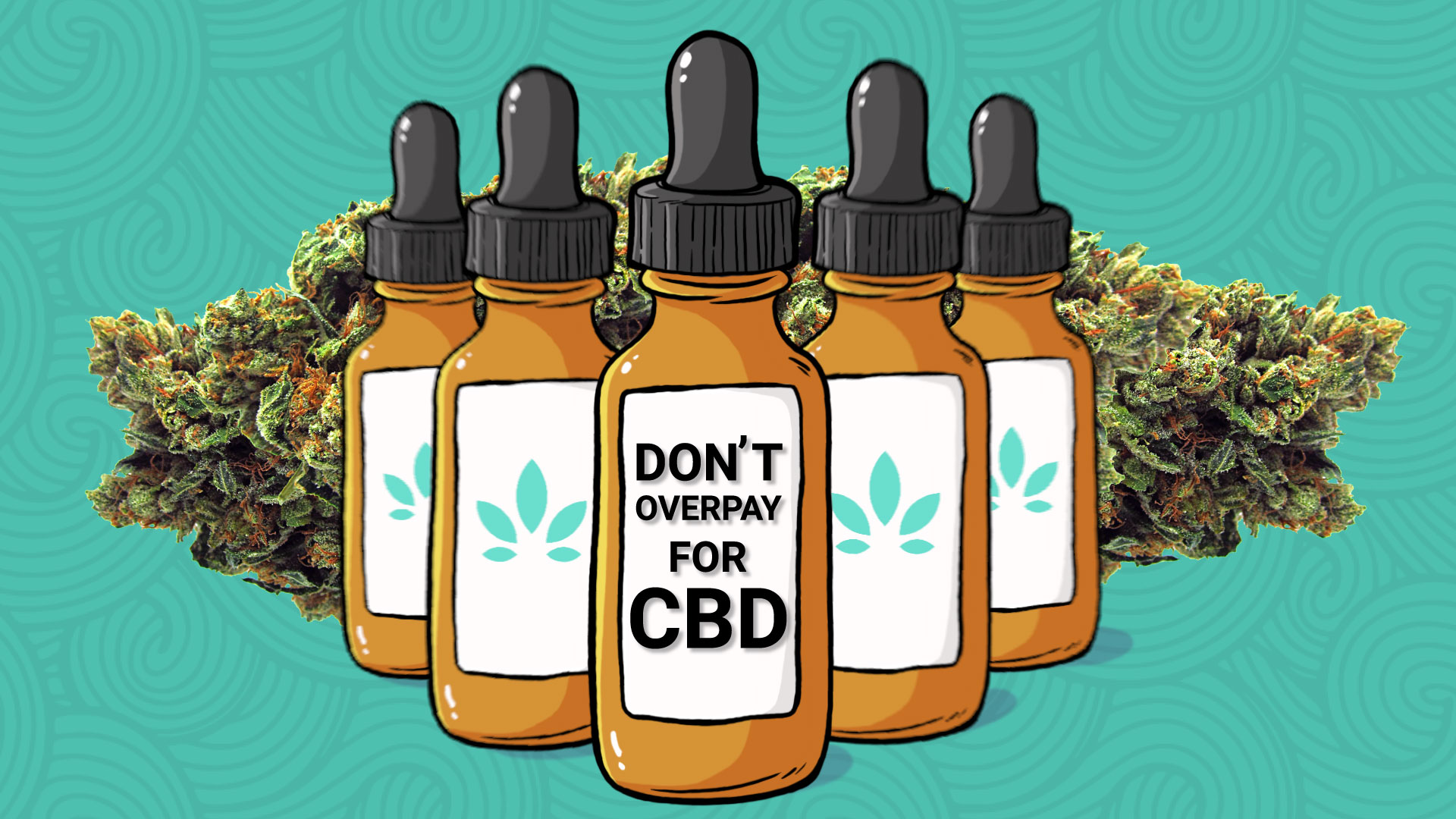There is no denying the abundance of hemp-derived CBD products that have come to market in the last year and a half. This virtual explosion in the CBD market over the last 18 months has resulted in a significant variation in products’ potencies, and prices from cost-effectively cheap to luxuriously expensive. From gas stations to yoga studios, CBD is easy to find. But it remains largely unregulated, and the U.S. Food and Drug Administration has said it is illegal to add to food and drinks – yet this is still a very popular option for purchase in some states.
The Market Is Unregulated And Some CBD Companies Cut Corners
Considering that a quite significant percentage of Americans are presently integrating CBD into their routine, especially for pain relief and sleeping support. The wide variety available has many wondering what is the difference between the $25 tincture and the $125 bottle. It is already complicated enough to figure out what your best choices are by comparing and contrasting different products – how much does the cost change the effectiveness of the product?
There are no reliable dosage guidelines for specific conditions, nor are there standard measurements, which makes it extra confusing when attempting to compare products. Most patients haven’t yet figured out which delivery system or dosage is optimal for them. The market for CBD’s rapid growth is coupled with a major lack of regulation – making it a wild, wild west in terms of products’ potencies and especially pricing. Weeding through an unchecked market, some say a cheap bottle should raise suspicion. Now, it seems, the pricier products may not be any more reliable.
Why You Should Get Your Medical Marijuana Card
Veriheal has satisfied millions of patients nationwide by giving them access to these benefits
- Larger purchase limits
- Peace of mind
- Enhanced legal protection
- Access to higher potency strains
- Save up to 25% on cannabis purchases
- Skip the line at the dispensary
Major Price Discrepancy Between the Least and Most Expensive CBD Products
An analysis from Leafreport, an organization focused on transparency in the CBD industry, found a 3200% price discrepancy between some of the least and most expensive products – but they also found no reason for the differences. While certain factors and processes do add to the cost of CBD oil understanding what these are and how they contribute to the final product can help alleviate some concerns about overpaying.
Cheap CBD May Not Be Very Safe
Manufacturing CBD products is truly a business where you need to be bringing a lot of cash to play just to even start your business. A cheap product could indicate non-compliance in some areas. Perhaps, they do not go through proper purifying processes or follow general safety procedures to save on those manufacturing costs. Moreover, these may also be oils that have substandard raw material used in them, and some have been found to have no CBD in them at all.
Expensive CBD May Not Be Any Better
Some companies are producing high-quality, locally sourced, lab-tested, and toxin-free CBD. Others may be importing cheap hemp oil of unknown quality and slapping a CBD label and expensive price tag on a bottle. It’s extremely difficult for patients to know the difference. Looking at 53 leading brands in the U.S. market, both small and large retailers – researchers looked at around 3,500 products, including gummies, capsules, pet treats, vaporizes and topicals. They concluded that a higher price doesn’t guarantee higher quality.
As The CBD Industry Stabilizes, So Will The Price
If you believe in market efficiency, a middle price zone will eventually emerge when today’s massive inefficiencies subside. Companies pushing expensive CBD will learn how to increase their quality and decrease their prices and still turn a profit. However, that occurs only when markets are mature. Right now, in the infancy of cannabinoid sales – there are a lot of snake oil manufacturers trying to profit off people in need and charging whatever their customers will pay regardless of quality.
Author, Share & Comments
















